Sonequa Martin-Green: 'Star Trek: Discovery' inspires us to 'reach higher'
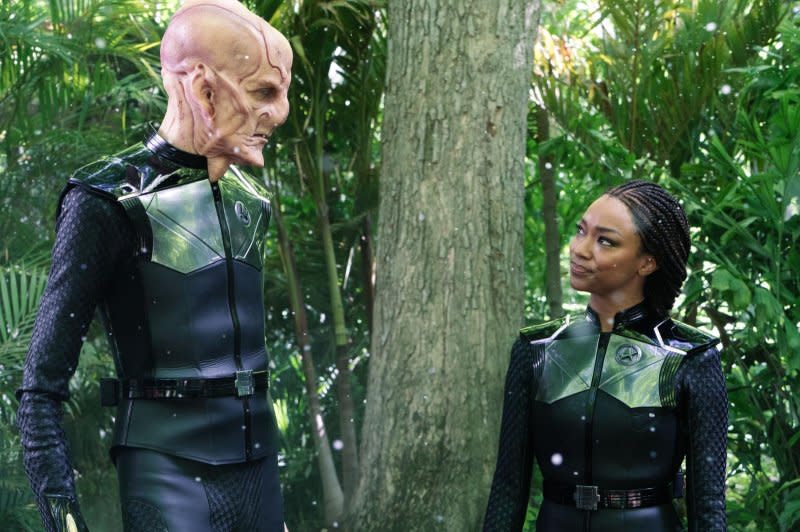
NEW YORK, April 3 (UPI) -- Sonequa Martin-Green says she and her co-stars love that their space drama, Star Trek: Discovery, is great entertainment, but also offers during divisive times important messages about hope, inclusivity and team work.
"I feel -- and I can speak for all of us when I say this -- that if you are going to be an artist, there is an element of activism with it and I think that's how it should be," Martin-Green told UPI in a recent Zoom roundtable interview with reporters.
"Art in its purest form is there to serve and it's there to affect positive change. It's there to help people heal, help people grow, help people see themselves, help people see each other and help people reach higher," she said. "That's the opportunity that we've been given here."
Premiering Thursday on Paramount+, the fifth and final season follows Martin-Green's Captain Burnham and the crew of the U.S.S. Discovery as they travel the galaxy searching for a mysterious ancient power.
Co-starring Doug Jones (Saru), Anthony Rapp (Paul Stamets), Mary Wiseman (Sylvia Tilly), Wilson Cruz (Dr. Hugh Culber), David Ajala (Book), Blu del Barrio (Adira) and Callum Keith Rennie (Rayner), the show is set in the 23rd century about 10 years before the events of the original Star Trek series.
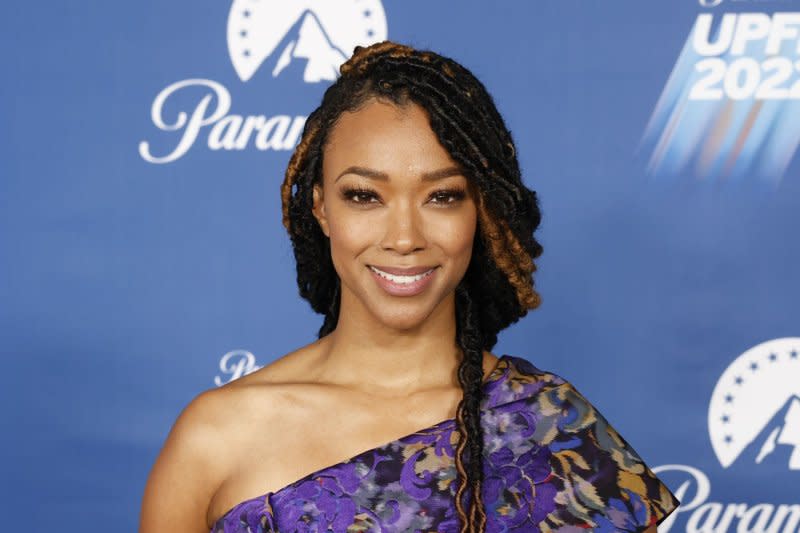
"We want this to be our 'Indiana Jones' season. We want everybody to have fun. We are going to be dealing with some huge subject matter," Martin-Green said.
"We went even bigger with our subject matter than ever before, which is crazy when you consider the story lines of Seasons 3 and 4, but even while we went bigger, we wanted to bring levity to the gravity of it all. We wanted there to be a sense of thrill, a sense of fun, a sense of joy and adventure."
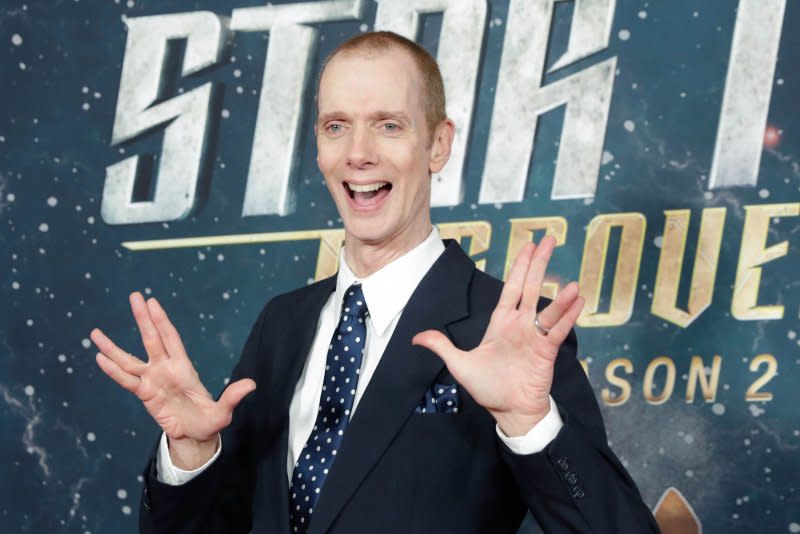
Martin-Green said playing the role over the course of so many years -- the show debuted in 2017 -- has "stretched" her as an actress because it allowed her to explore comedy, drama and action, all in one package.
"I had not experienced being the lead of a show before. I did not know what it was like to lead a sci-fi show. I certainly didn't know what it was like to lead a Trek show. I didn't know what being in that franchise would be like," she added.
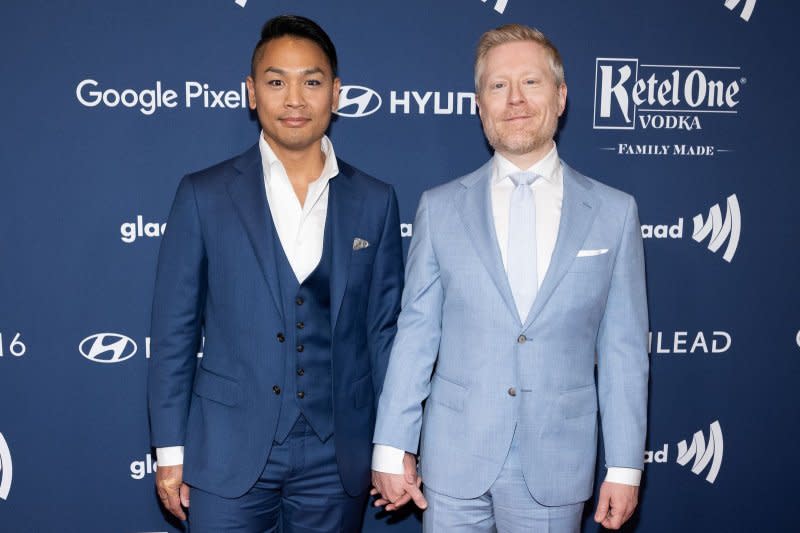
"I didn't know what it would be like to create such an intense character -- a character that evolved in such a deep way. I didn't know what it would be like to have such a physical component to my performance. It was even more physical than the work that I had done on The Walking Dead and the stage combat I had done for that."
The actress said she modeled her character's leadership style on that of the historical and religious figure Jesus Christ.
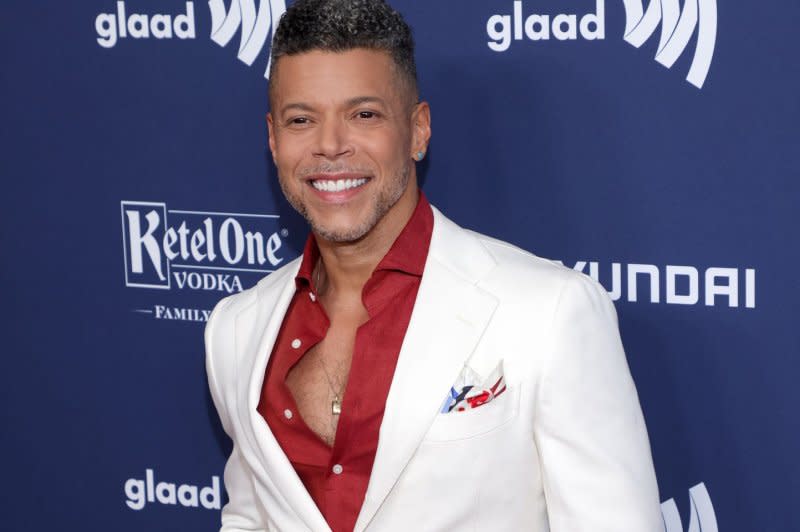
"Nobody is a better leader than Jesus," she laughed.
"The greatest leader is the greatest servant and that's what I wanted to do and I did my best at it and we all just went in there together and gave our all because we knew it was important."
Martin-Green equated her experience on Trek to earning a doctorate degree at a university.
"I feel like I handle so much more now as an actor, as an artist, as a Black woman, as a woman, as a wife, as a mother, as a friend, as a professional, as a producer, as an executive producer," she added.
Bidding "farewell" to cast mates with whom she shared so much -- including the coronavirus pandemic, as well as the writers and actors strikes -- wasn't easy.
Martin-Green called the press day when the actors were all together to promote the finale season of show their "last hurrah," although she hopes to see them all at Star Trek universe fan conventions in the future.
"The relationships go on. They are lifelong at this point. That's obvious. It's not even something we have to talk about," she said.
"It's totally unspoken. We can just see each other here and there. The doors are always open, with Trek, in particular, we always have opportunities to see each other. We have opportunities to connect with each other and also with alumni from other iterations."
The last day of filming was bittersweet, though, she acknowledged.
"We laughed and we cried," Martin-Green added.
"We sang songs and danced and recited poetry and everything. We were really there for each other. It's never over and we don't really, really have to say 'goodbye.'"


